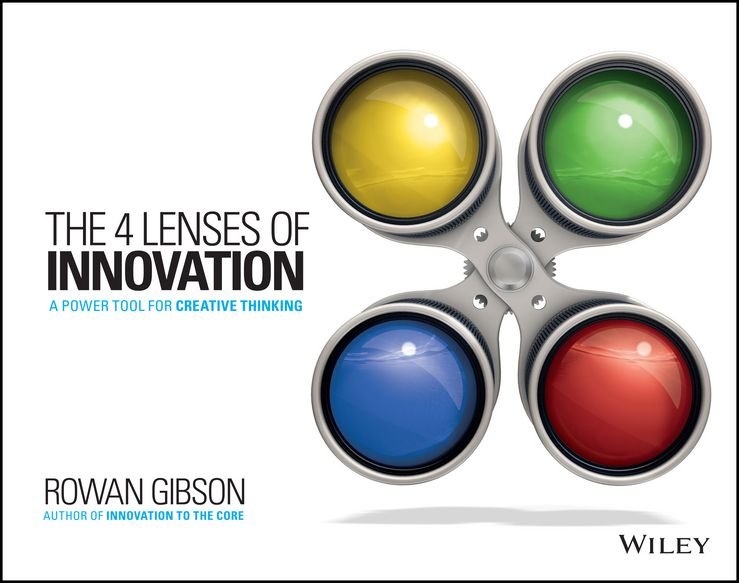Business administration theory has dealt since its inception with the issue of providing practical support to corporate decision making. For their explanatory models, it has resourced the knowledge body provided by economics, philosophy, sociology, and psychology. In the last few years it increasingly draws also on the findings taken from neuroscience. By means of so-called imaging techniques, neuroscientists can conduct a deeper analysis of the relationships and processes in the brain. The question of how buying decisions occur, and how these may be influenced has finally created Neuromarketing. The findings from this research filed reveal that feelings and emotions play a much greater role than previously supposed and that these can be addressed through brands. However, the management of immaterial values such as brands does not fit well with the predominantly engineering-oriented mindset of top management in B-to-B companies. In his preface to “B-to-B-Markenführung”, Klaus Backhaus states:“Effektive und effiziente Markenpolitik ist in der Praxis des Business-to-Business-Marketing immer noch ein Stiefkind, auch wenn mittlerweile eine Reihe von wissenschaftlichen Veröffentlichungen bis hin zu Lehrbüchern zur Markenpolitik in diesem Bereich vorliegt. Einer der wesentlichen Gründe hierfür liegt sicherlich darin, dass der Business-to-Business-Bereich stark durch Personen mit einer technischen bzw. ingenieurwissenschaftlichen Ausbildung geprägt ist, die für ,intangible assets’, wie sie die Marke darstellt, erfahrungsgemäß weniger Aufmerksamkeit aufbringen.”. Even though the purchase decision is made by the “Buying Center” in the B-to-B market, the assumption prevails that the findings from Neuromarketing can still be applied because this group consists of human beings as well.This book will consider the findings taken from Neuromarketing in the light of particular instances of B-to-B-Marketing. The question will be raised as to why and to what extent Neuro …












